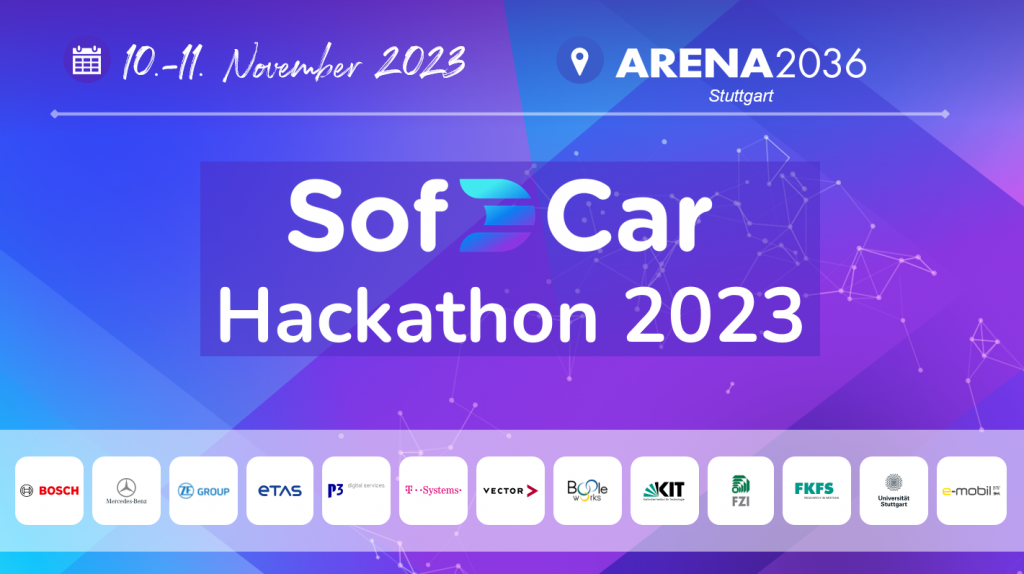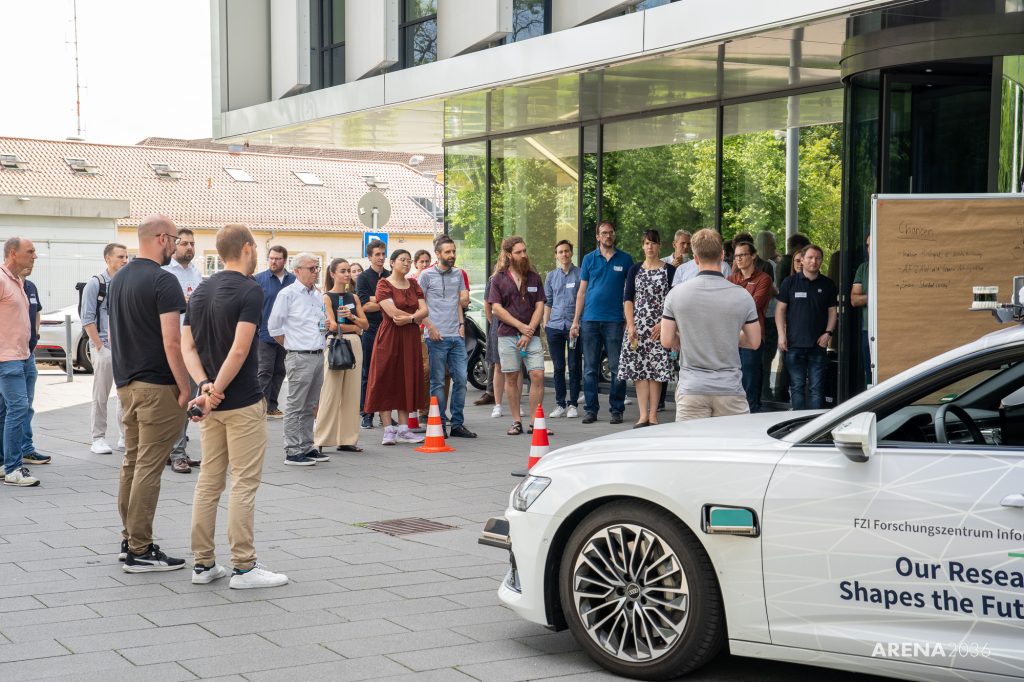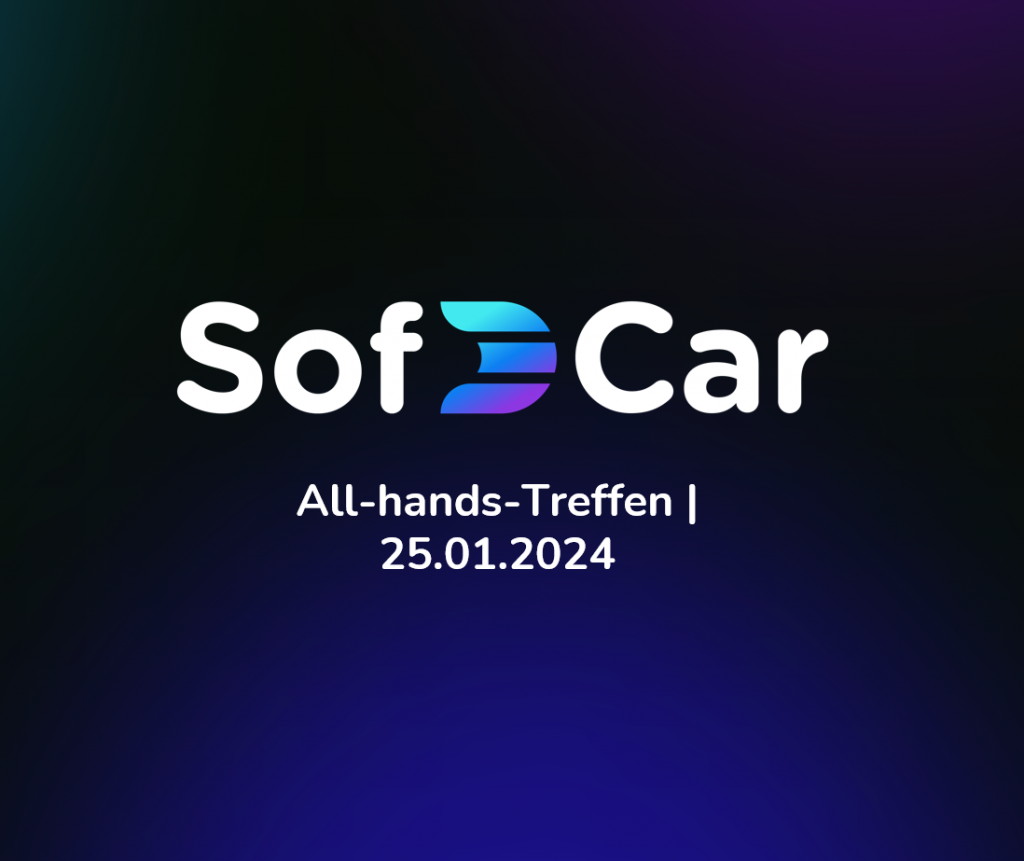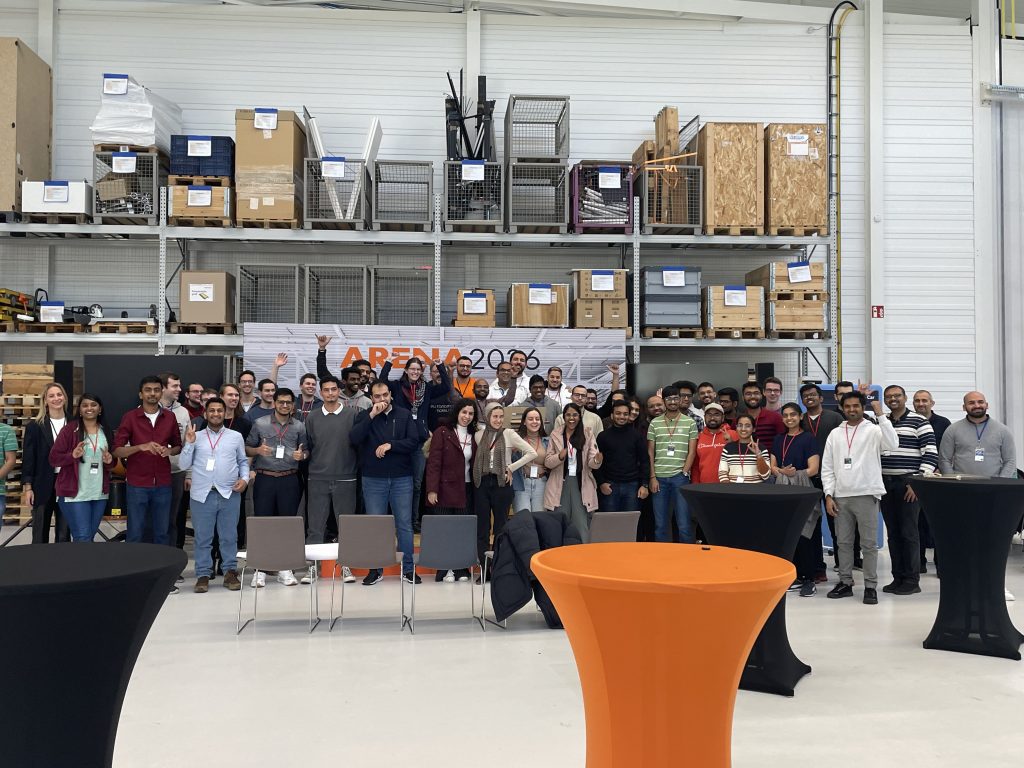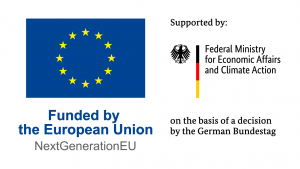The publicly funded SofDCar consortium brings together numerous automotive technology leaders and visionaries from industry and academia. In our second Hackathon, spanning 2 days, you have the opportunity to collaborate within a network of developers, product owners, UX experts, and researchers to define answers to the challenges posed by new generations of vehicles and to prototype these solutions.
